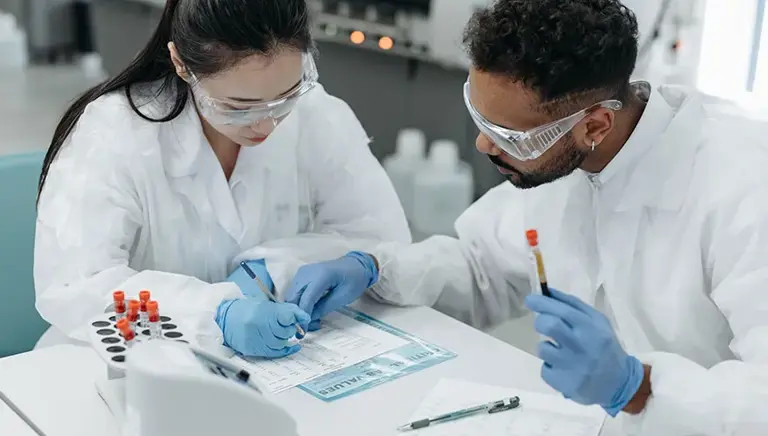UK life science inward investment in freefall
International investors are abandoning UK life sciences as excessive revenue clawback rates start to bite, according to the latest Life Sciences Competitiveness Indicators published by the government [1].
The UK saw a substantial drop in the estimated value of inward life sciences foreign direct investment (FDI) in 2022 compared to 2021, falling to £1 billion from £1.9 billion, a drop of 47%. This drop resulted in the UK falling to ninth out of 18 comparator countries in 2022, down from second in 2021, with key beneficiary countries including Ireland, India, Singapore, and Belgium.
The UK also saw a substantial drop in equity finance raised in 2022 to £3.3 billion down from £7.2 billion in 2021. Substantial drops were also recorded in both the number of initial public offerings (IPOs), and the associated amount raised. In 2022, the UK had £7.1 million raised through 3 IPOs compared to £751.5 million over 11 IPOs in 2021 [2].
The collapse in UK life science investment comes as the clawback rates manufacturers of branded medicines must pay on their UK revenues (not profits) rocketed to 26.5% in 2023, up from 15% in 2022. The average rebate rate between 2014-2021 was 6.88%.
Richard Torbett, Chief Executive, Association of the British Pharmaceutical Industry, said: “When international markets turn away from you, it can be tough to turn things around. The industry has repeatedly warned that unless the UK addresses the excessive and internationally uncompetitive rebate rates, it cannot expect companies and investors to base themselves here.
“The UK continues to have all the hallmarks of a global life science leader, and ministers are right to single out the industry’s potential to drive UK economic growth, but talk can only get you so far. We need to fix the commercial environment and make the UK a genuinely attractive investment prospect.”
- Pricing
- Economy and Industry
- Life Sciences
- Statistics
- Trade
- Voluntary Scheme
- Voluntary Scheme News
Last modified: 13 July 2023
Last reviewed: 13 July 2023

